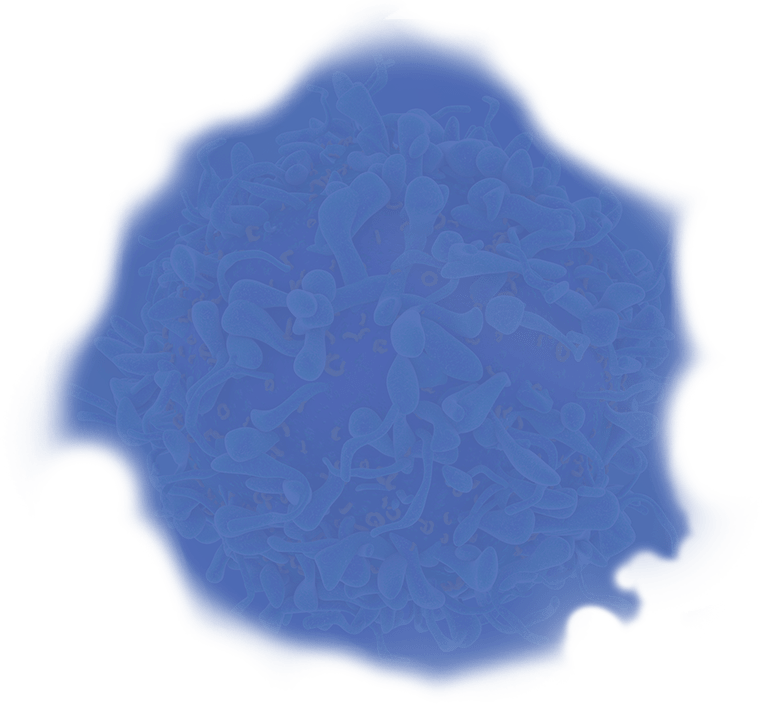All our news News Conferences & events | 04.25.25
We’re excited to share our upcoming presentations of two posters at the American Association for Cancer Research (AACR) Annual Meeting 2025, happening April 25-30 in Chicago, IL!
Xentech is willing to accelerate the preclinical development/validation of new anti-cancer therapeutics with a growing panel of highly predictive human tumor-based models and robust screening/profiling studies.
Our team is eagerly awaiting to meet-up with you at Booth no.538.
On top of presenting 2 new scientific posters, we will be glad to share how our latest services and models can help bring your research programs a step further.
Poster 1 : Title: PDX-derived cellular models for pharmacological screening and functional studies
Presenter: Olivier Déas, CSO of Xentech
Session Category: Tumor Biology
Session Title: Human and PDX Models 1
Session Start: 4/27/2025 2:00:00 PM
Session End: 4/27/2025 5:00:00 PM
Location: Poster Section 2
Poster Board Number: 23
Abstract: Despite substantial advancements in understanding the biology and genetics of cancer, the development of effective therapies is hindered by the lack of adequate experimental models that replicate the genetic diversity of this disease. Patient-derived xenografts (PDXs) have become the gold standard in preclinical oncology for the evaluation of new anticancer drug candidates. The faithful reproduction of patients’ cancer features, and the ability to generate models that recapitulate the genetic heterogeneity of the patient population, confer PDXs with a critical added value in the preclinical field. Over the past 15 years, we have generated and characterized a collection of over 200 PDXs from various solid tumors that accurately reproduce the histological and molecular heterogeneity of original tumors. This panel has enabled the preclinical validation of several anticancer drugs that are now used in the clinic.
Although an indispensable tool for conducting preclinical studies, the use of in vivo PDX systems for large-scale screening during early drug discovery is restricted by ethical, economic, and throughput limitations that limit the number of drug candidates tested.
To address this challenge, we have developed a panel of PDX-derived cells (PDXDCs) that we propose as a time- and cost-effective, medium-throughput screening tool to profile the anticancer activity of early test compounds. To date, over 50 PDXDCs from various indications such as breast, prostate, lung, and several others have been generated and tested for their in vitro response to standard of care, targeted anticancer agents, and immunotherapies, used as monotherapy or in combination to study potential synergistic effects. PDXDCs were obtained from dissociated PDX tumors cultured under various media and matrix conditions. They were characterized by comparison with the parental PDX through short tandem repeat (STR) profiling prior to establishing a master bank.
PDXDC RNA and exome sequencing data faithfully match the parental PDX features, and by modulating experimental parameters, such as 2D or 3D growth conditions, drug exposure duration, and endpoint readouts, we could phenocopy in vitro the corresponding PDXs’ sensitivities to drug candidates.
These results support our PDXDCs panel as a valuable in vitro tool for drug screening to help selecting drug candidates for further in vivo validation, as well as the most appropriate in vivo PDX models to use.
Poster 2 : Title: A preclinical platform of PDX breast cancer models and their cellular counterparts to identify resistance mechanisms and novel therapeutic options
Presenter: Olivier Déas, CSO of Xentech
Session Category: Tumor Biology
Session Title: Human and PDX Models 2
Session Start: 4/28/2025 9:00:00 AM
Session End: 4/28/2025 12:00:00 PM
Location: Poster Section 3
Poster Board Number: 22
Abstract: Despite significant advancements in understanding the biology and genetics of breast cancer, the development of effective therapies requires predictive and physiologically relevant preclinical models for their evaluation. In this context, patient-derived xenografts (PDX) have become a standard tool as they reproduce the biology of the original tumors in terms of histology, genotype, and response to chemotherapy. They have proven their relevance in studying pathways leading to cancer development and progression, mechanisms related to tumor resistance, and identifying new effective therapies.
We offer a preclinical platform of over 60 fully characterized breast cancer PDX models and their in vitro cell derivatives for preclinical evaluation of new treatment modalities. Our platform consists of a PDX collection of 43 TNBC models, 9 ER+, 5 HER2+, 3 Luminal B (ER+ HER2+) models, and 14 cellular models derived from a subset of these PDX (PDXDC), representing the diversity of breast cancer. PDX models were obtained by transplanting post-operative tumor samples, either by grafting tumor fragments into the interscapular region of nude mice or by injecting dissociated tumor cells into the mammary fat pad of NOD-Scid mice. PDXDC were obtained from dissociated PDX tumors cultured under various media and matrix conditions.
All models (PDX and PDXDC) were characterized at molecular level, including transcriptomic, whole exome sequencing, IHC marker staining and/or cytometry analysis. PDX were characterized pharmacologically for response to standards of care as a single agent or in combination. Our PDX and PDXDC panels primarily reflects the molecular heterogeneity of breast cancer and accurately reproduces the molecular and drug response profile of patient tumors. It is widely used for standard drug evaluations, but also for in vivo “mouse clinical trials” (MCT) which provide more predictive preclinical data on the efficacy of a single agent or drug combination. Additionally, we generated standard-of-care resistant models from our PDX panel to study the resistance mechanisms underlying breast cancer progression and to mimic what is observed in the clinic.
Associated to in vitro cell derivatives, our collection provides a powerful preclinical platform for translational and preclinical research to identify mechanisms underlying acquired resistance to current therapies and develop novel treatment strategies against breast Cancers.



 Xentech is willing to accelerate the preclinical development/validation of new anti-cancer therapeutics with a growing panel of highly predictive human tumor-based models and robust screening/profiling studies.
Looking forward to welcoming you at booth #538 or in front of the posters !
Xentech is willing to accelerate the preclinical development/validation of new anti-cancer therapeutics with a growing panel of highly predictive human tumor-based models and robust screening/profiling studies.
Looking forward to welcoming you at booth #538 or in front of the posters ! We'll be exhibiting at EORTC-NCI-AACR in Barcelona, stop by booth #17 !
We'll be exhibiting at EORTC-NCI-AACR in Barcelona, stop by booth #17 ! Olivier, Vincent and Marie cordially invite you to stop by our Booth#3645 to discuss your innovative research projects.
Olivier, Vincent and Marie cordially invite you to stop by our Booth#3645 to discuss your innovative research projects.

